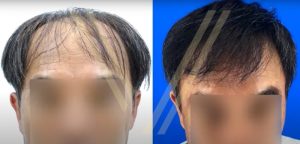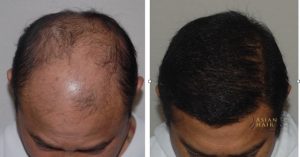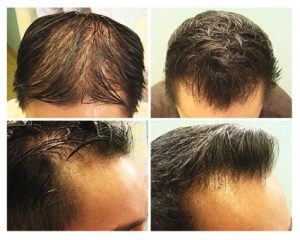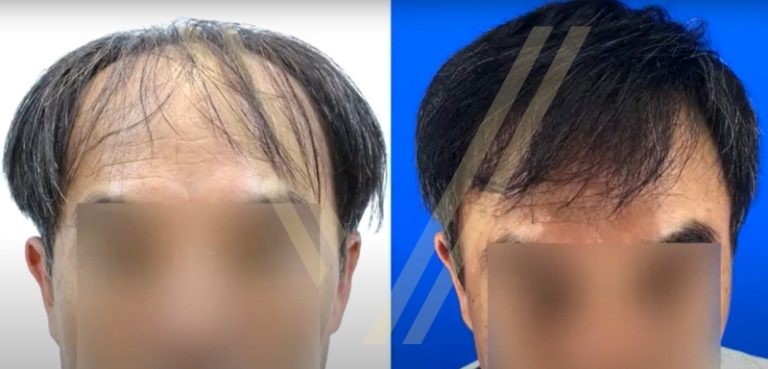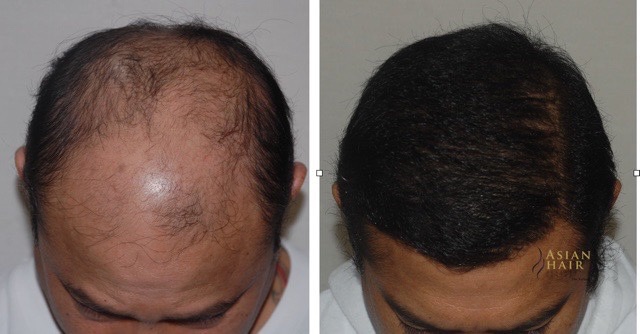Hair loss is a common concern for many men, and while it is often associated with aging, it can also occur in younger men. Several factors contribute to hair loss in young men, and understanding these factors can help explain why hair loss is not necessarily inevitable, but rather a complex interplay of genetics, hormones, and other factors.
1. **Genetics**: One of the primary factors influencing hair loss in young men is genetics. Male pattern baldness, also known as androgenetic alopecia, is the most common cause of hair loss in men and is believed to be largely determined by genetics. If a young man has a family history of male pattern baldness, he may be more likely to experience hair loss himself.
2. **Hormonal Changes**: Hormones play a significant role in hair growth, and fluctuations in hormone levels can contribute to hair loss. In young men, hormonal changes associated with puberty and adolescence can affect the hair growth cycle. Additionally, conditions such as thyroid disorders or hormonal imbalances can also contribute to hair loss in young men.
3. **Stress**: Chronic stress can have a variety of negative effects on the body, including hair loss. Stress-induced hair loss, known as telogen effluvium, occurs when stress causes a large number of hair follicles to enter the resting phase of the hair growth cycle prematurely. This can result in increased shedding and thinning of the hair.
4. **Diet and Nutrition**: Poor diet and nutritional deficiencies can contribute to hair loss in men of all ages, including young men. Diets lacking in essential nutrients, such as iron, protein, and vitamins, can impact hair health and contribute to hair loss.
5. **Medical Conditions**: Certain medical conditions can contribute to hair loss in young men. For example, autoimmune conditions like alopecia areata can cause sudden hair loss in small, round patches. Other conditions, such as scalp infections or trichotillomania (a hair-pulling disorder), can also lead to hair loss.
6. **Hair Care Practices**: Certain hair care practices, such as frequent use of harsh chemicals, heat styling, or tight hairstyles, can damage the hair shaft and contribute to hair loss. Young men who are particularly rough with their hair or who use damaging hair care practices may be more prone to hair loss.
While hair loss is not necessarily inevitable for young men, it is important to note that some degree of hair thinning or receding hairline is a common and natural part of the aging process for many men. However, by understanding the factors that contribute to hair loss and taking steps to address them, young men can take proactive measures to maintain their hair health and potentially delay or reduce the extent of hair loss. Hair restoration is the answer to this problem.






